Anglia Ruskin University: MOD005914 - Lily Mae Foundation Presentation
VerifiedAdded on 2022/12/17
|8
|513
|94
Presentation
AI Summary
This presentation provides an evaluation of the Lily Mae Foundation, a UK-based charity offering support to families who have experienced the loss of a child. The presentation details the services offered by the foundation, including memory boxes and assistance with dealing with loss, and discusses relevant counselling theories such as cognitive, behavioral, and psychoanalytic approaches. It analyzes the strengths of the foundation, such as its aid to families and facilitation of cherished memories, while also acknowledging weaknesses like the inability to implement all promised programs. References from the provided material are included, offering a comprehensive overview of the foundation's impact and approach to supporting families through difficult life events.
1 out of 8
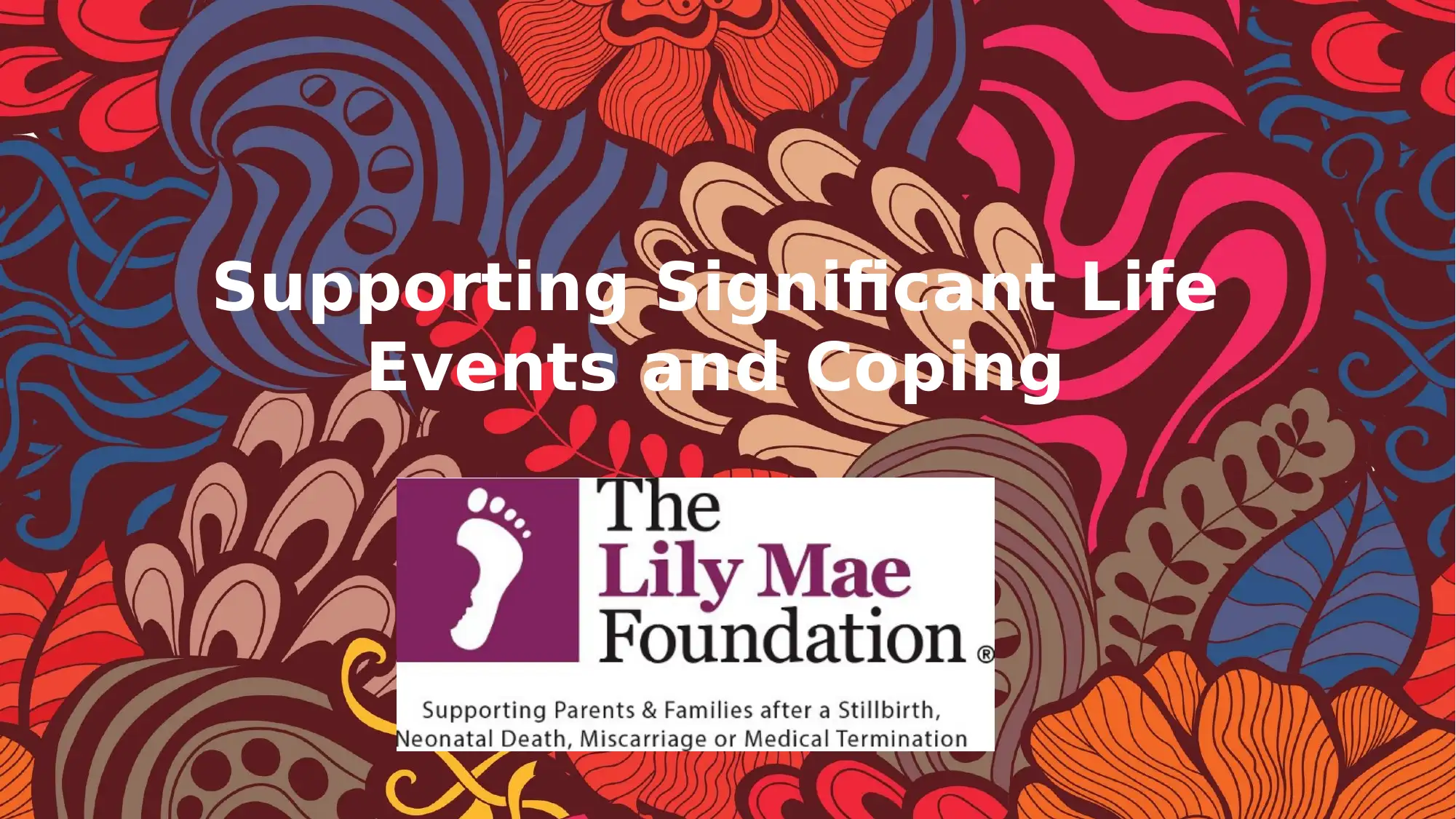
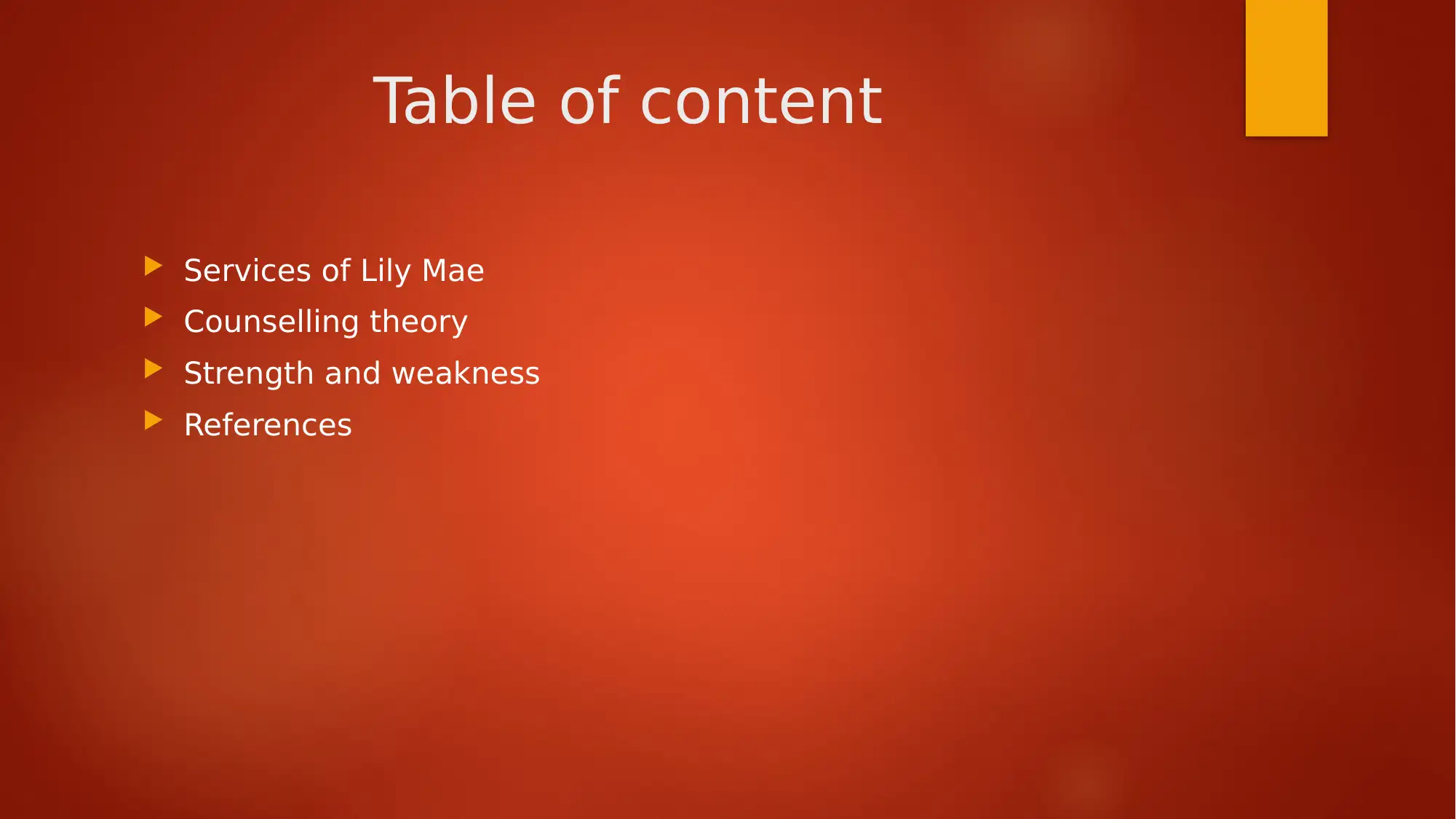
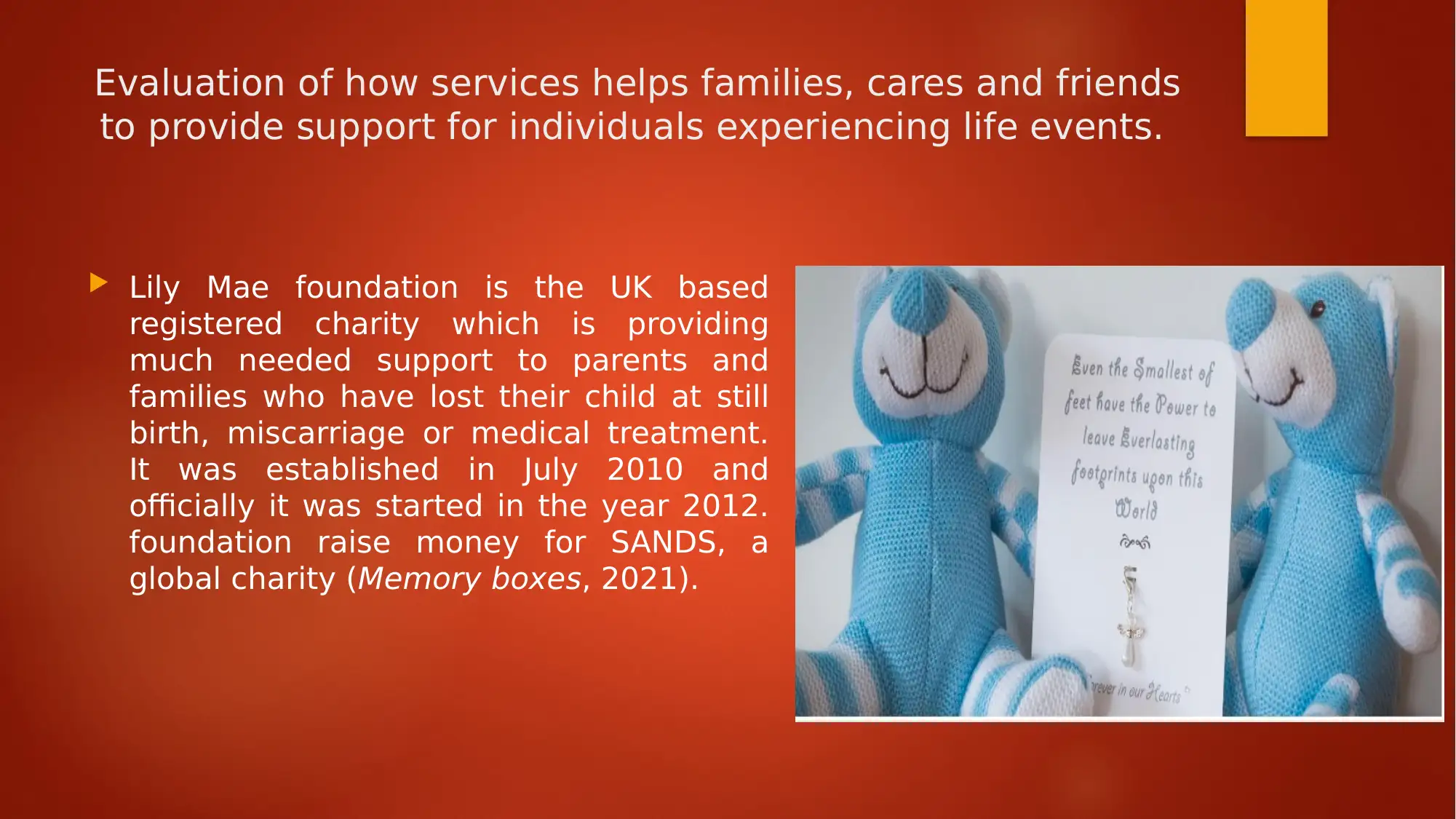

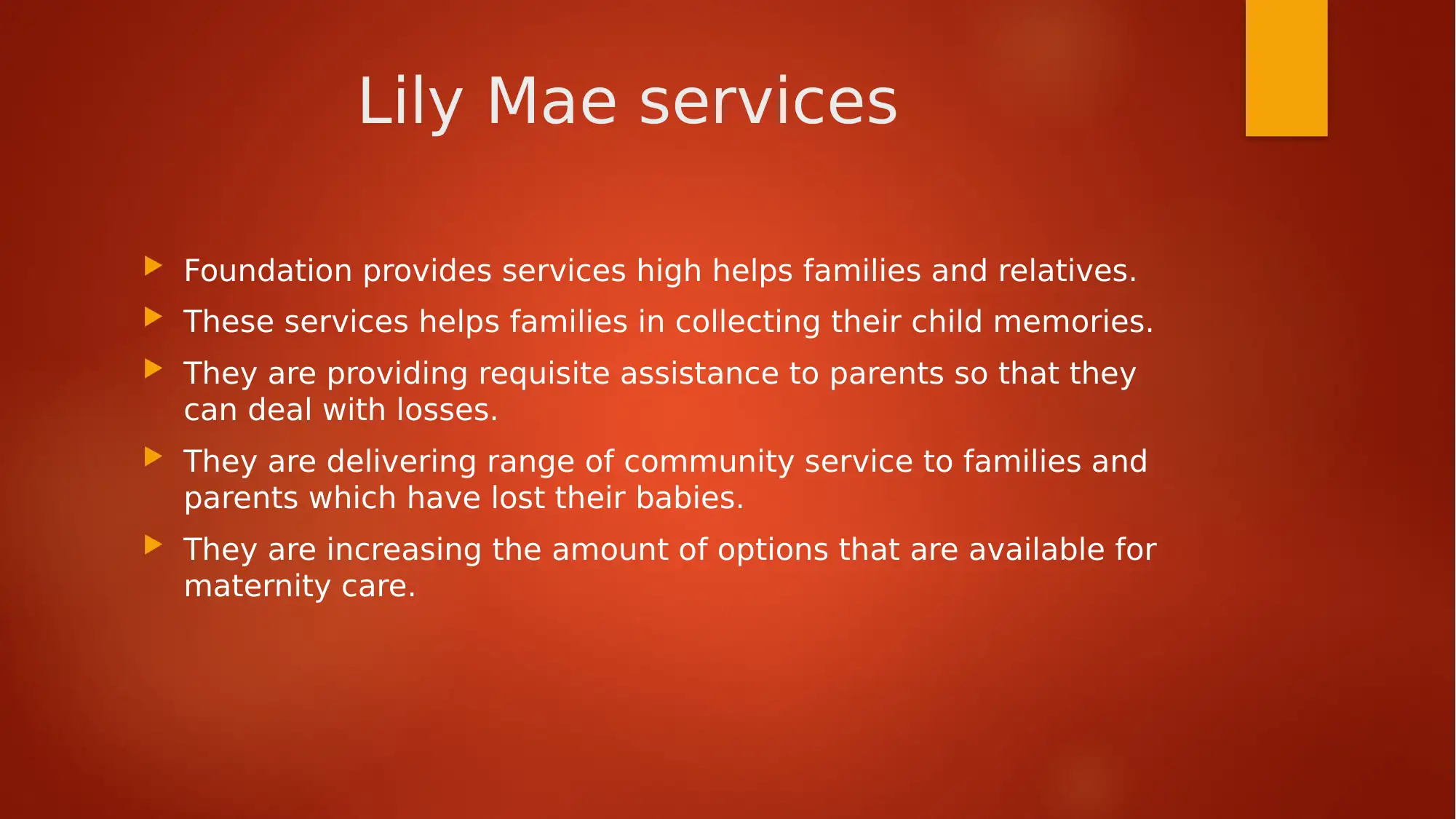
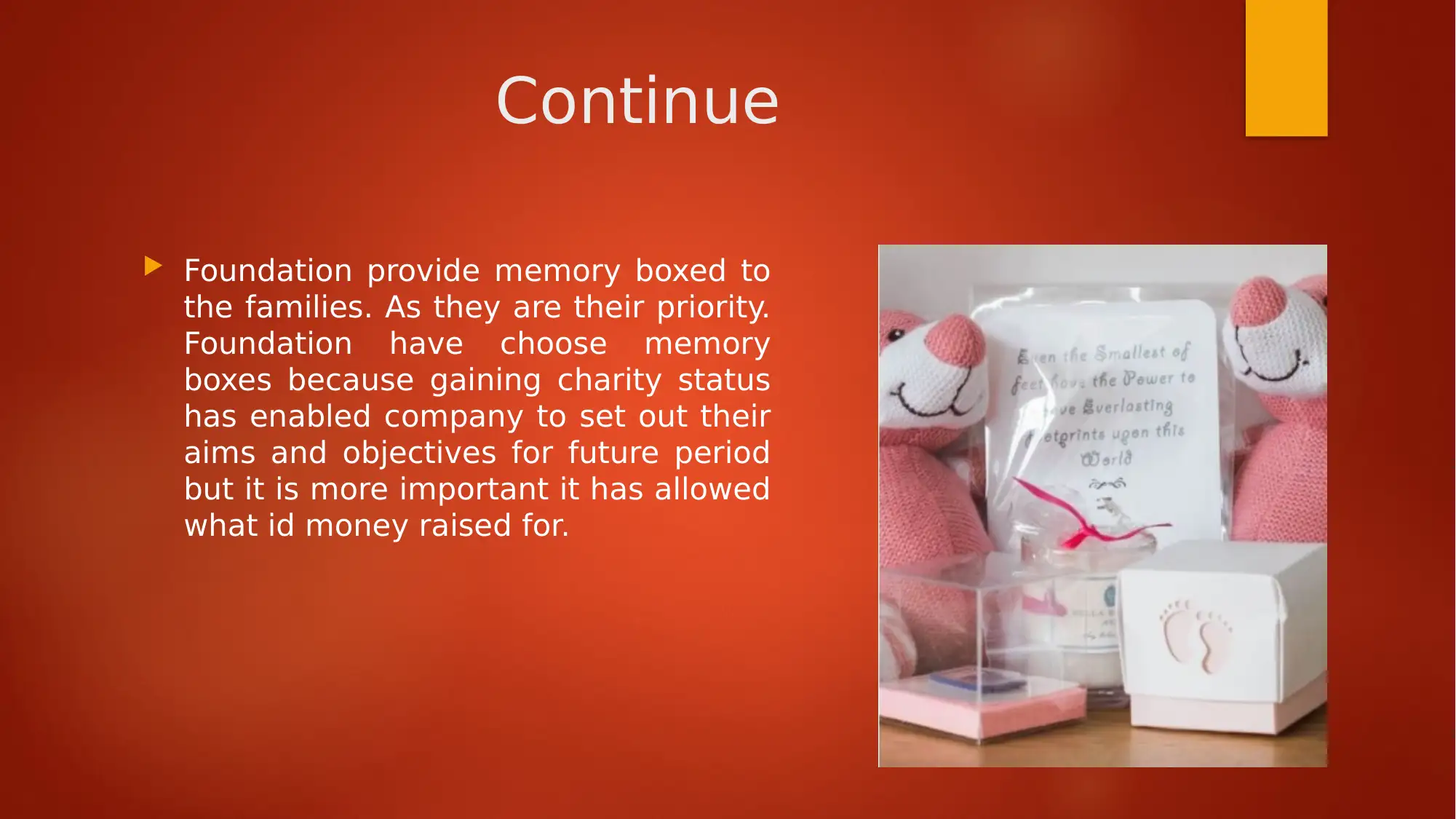
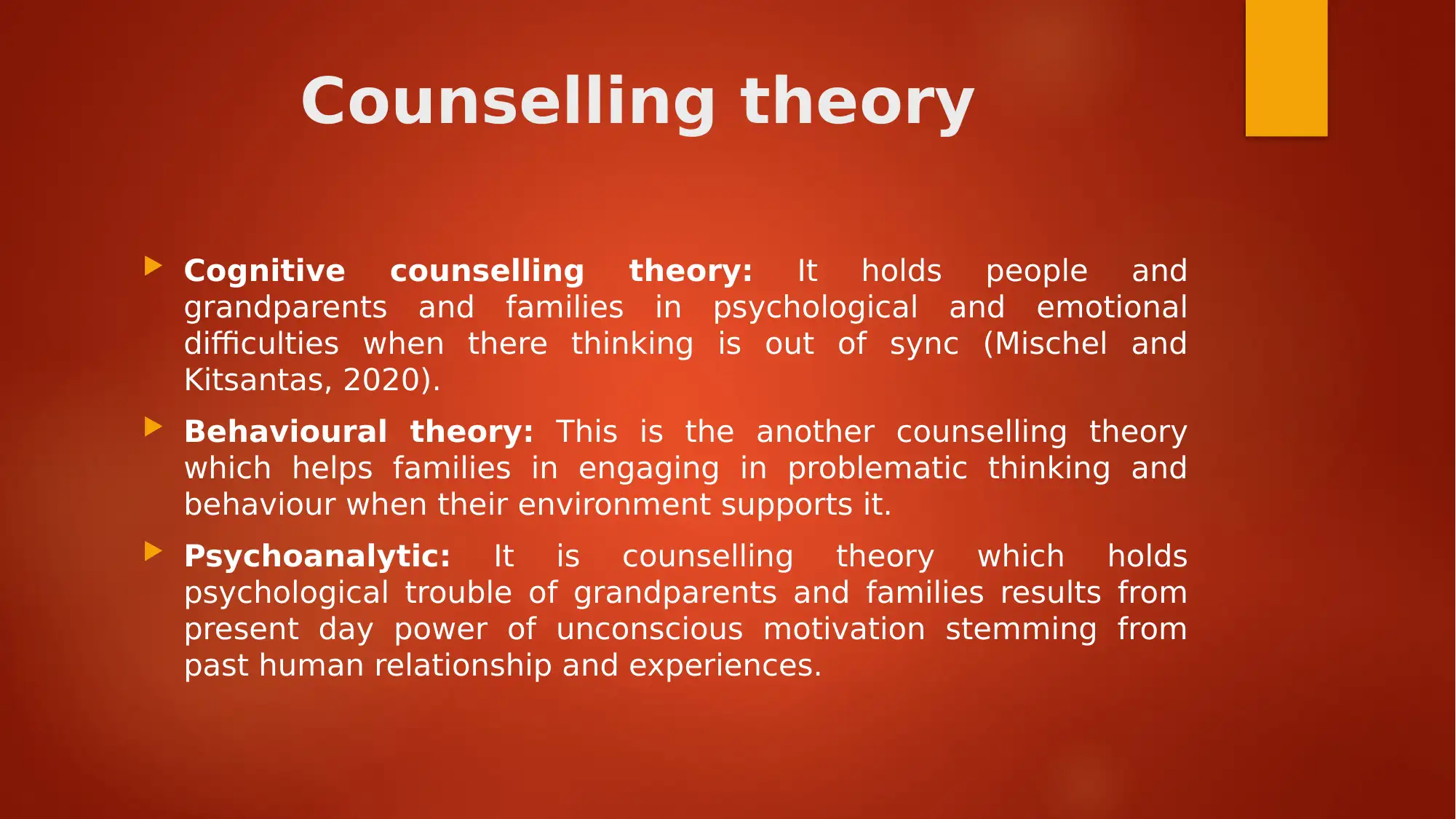
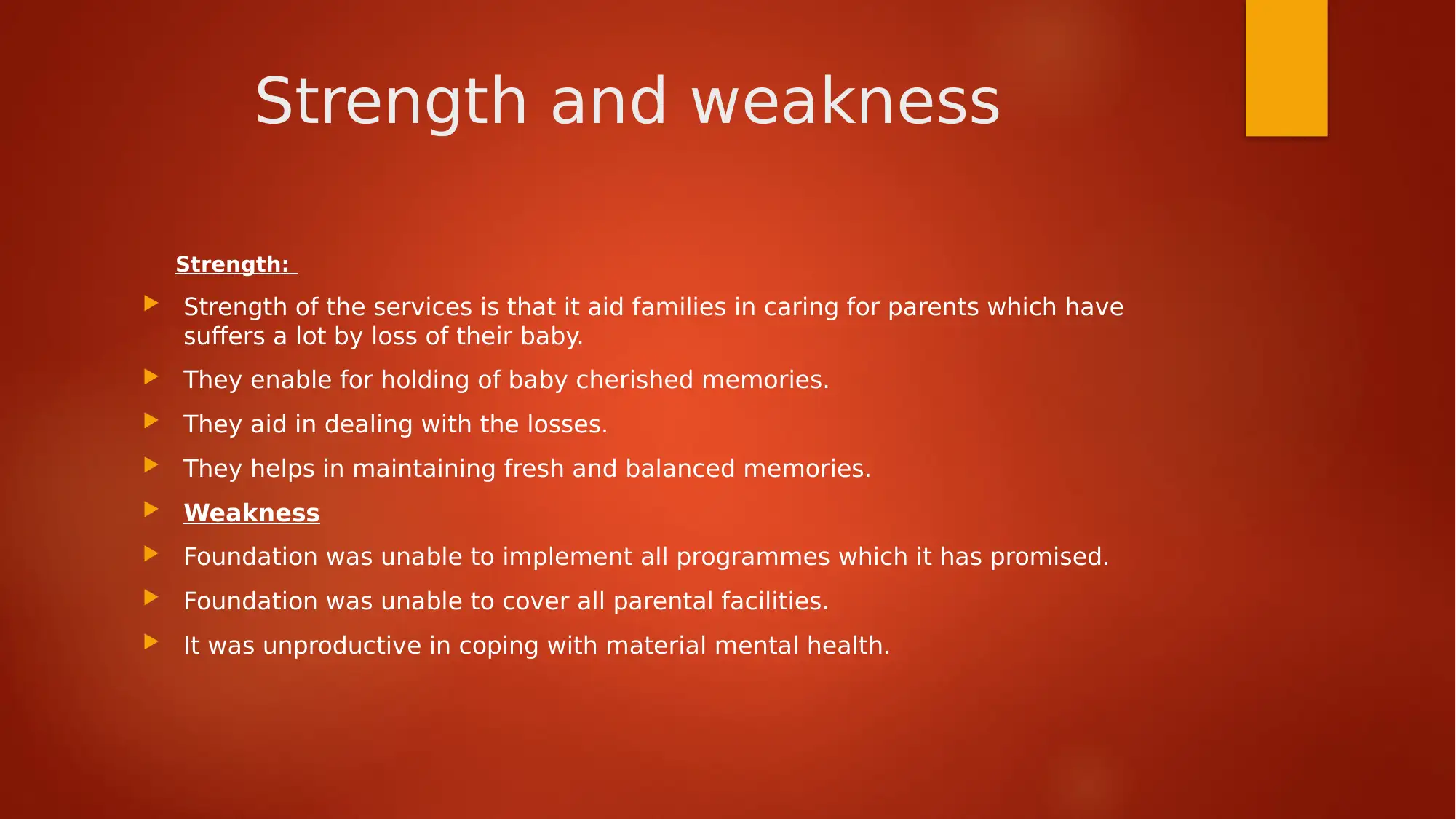
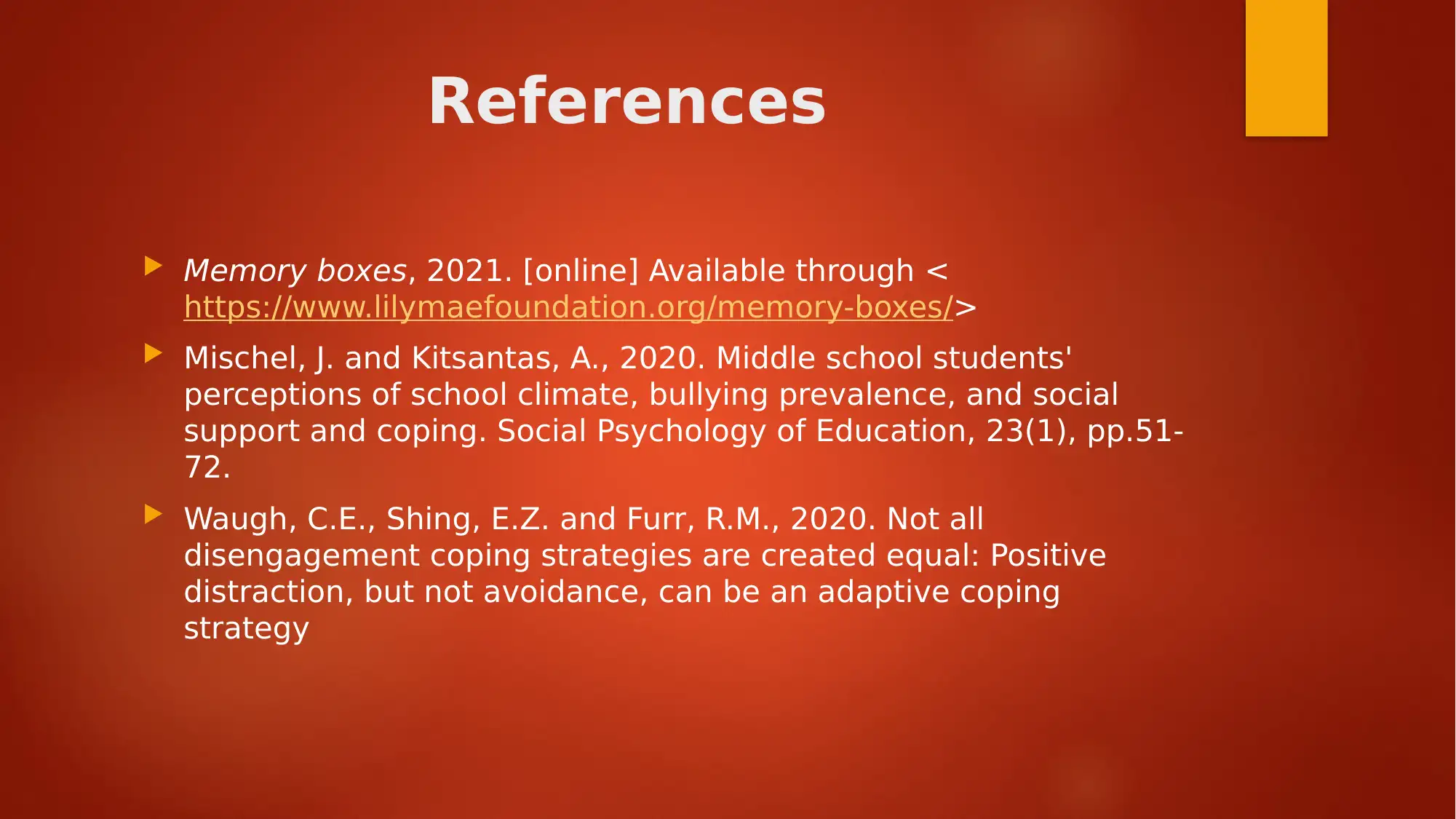



![[object Object]](/_next/static/media/star-bottom.7253800d.svg)